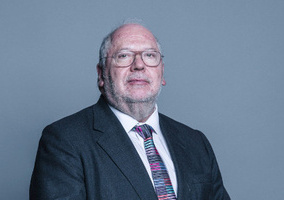There has been a year-on-year increase in the number of charities not accessing requests to suppress people on their marketing databases, according to the Fundraising Regulator.
On 1 August 2023, when the regulator took a snapshot, 35 requests had not been read by 22 charities. These figures compare to 21 requests not accessed by 11 charities a year earlier.
Charities named in this year’s list included Age Concern Bridgend, Sistah Space, and the Visitors’ Art Foundation.
The regulator said primary reason for non-compliance this year was that more charities received a suppression for the first time and it can take longer for them to collect their suppressions.
It runs the Fundraising Preference Service (FPS) so that people can request to stop direct marketing communications from charities registered in England, Wales and Northern Ireland.
‘Vital’ that charities act on requests
A spokesperson for the regulator said: “The FPS acts as an important backstop for the sector by helping members of the public to manage direct marketing communications and end contact with charities they no longer want to hear from, which is particularly important for vulnerable individuals.
“It is vital that charities take the simple steps to act on FPS requests within 21 days of being notified so they comply with the Code of Fundraising Practice and data protection law.”
In its last annual report, which covered 1 September 2021 to 31 August 2022, there were a total of 6,603 suppressions and 811 charities had at least one suppression.
So far, 2,752 charities have set themselves up on the FPS charity portal, compared to about 2,400 last year.
Last year, the regulator warned a “significant number” of charities were not acting on requests to stop direct marketing communications.
If they fail to act further, within 28 days of receiving an FPS request, the regulator considers them in breach of section 3.2.5 of the code and will take regulatory action.
The regulator then sends a final letter to the charity’s chief executive and chair, warning that they may notify the Charity Commission and Information Commissioner’s Office.
Related Articles












